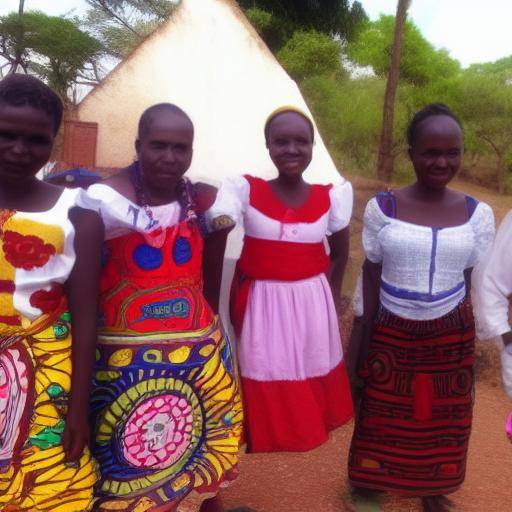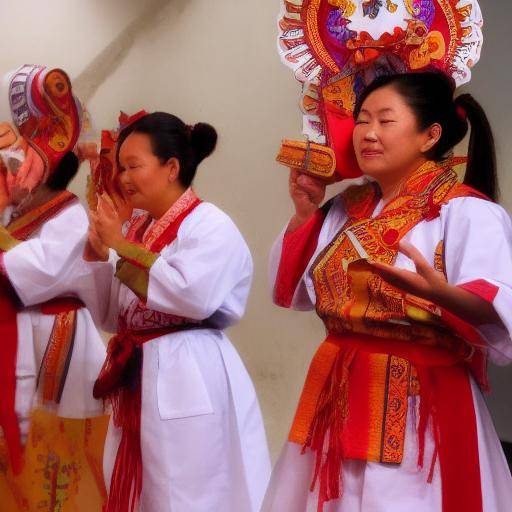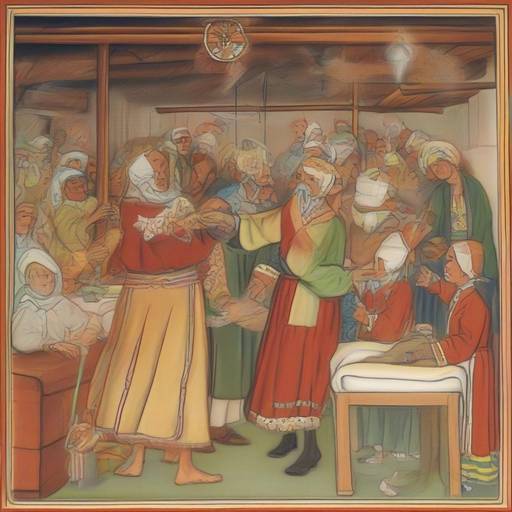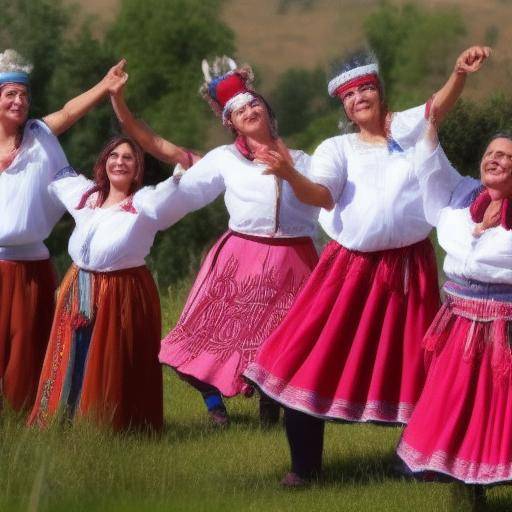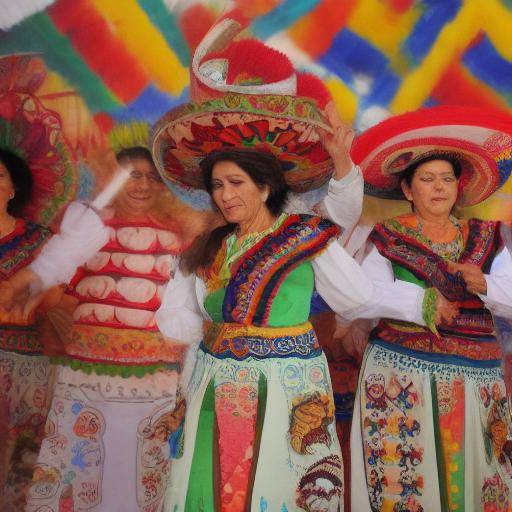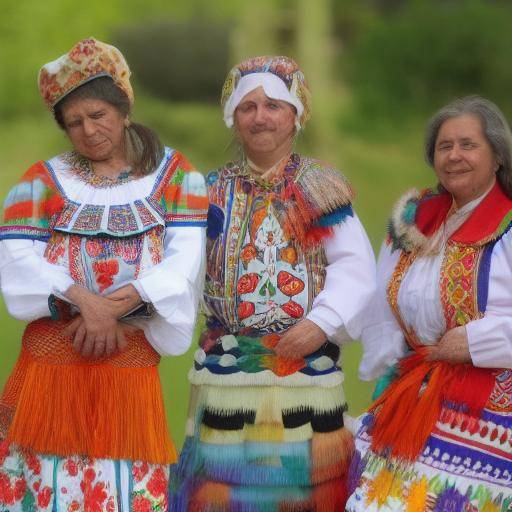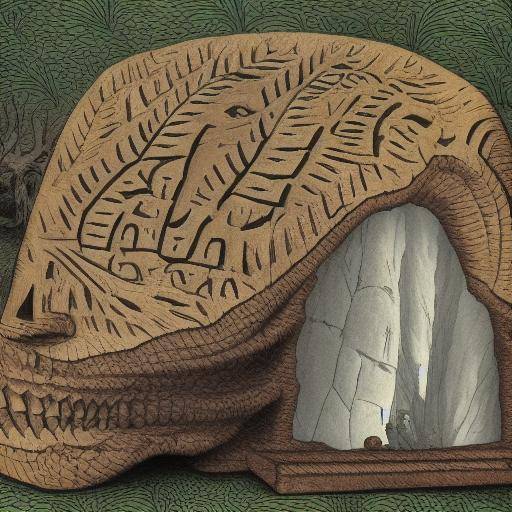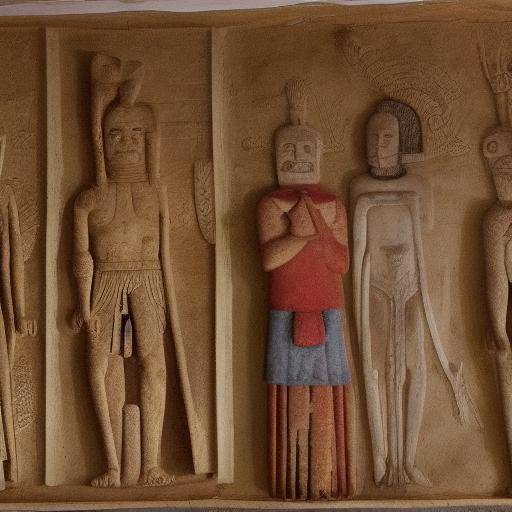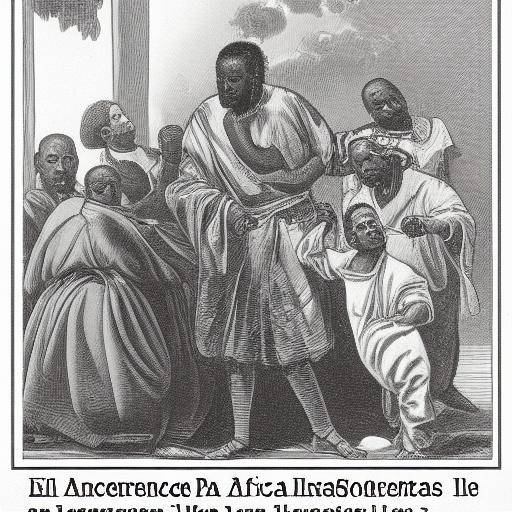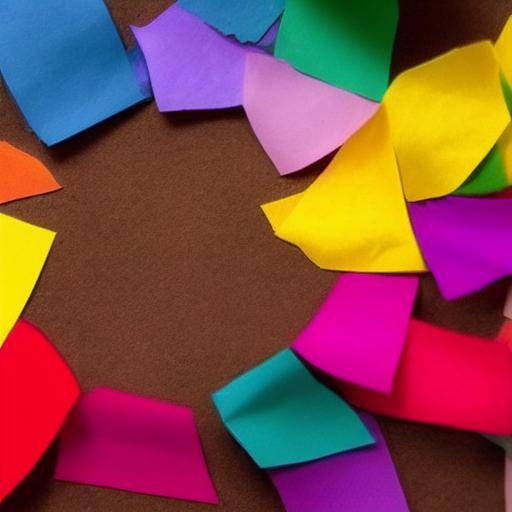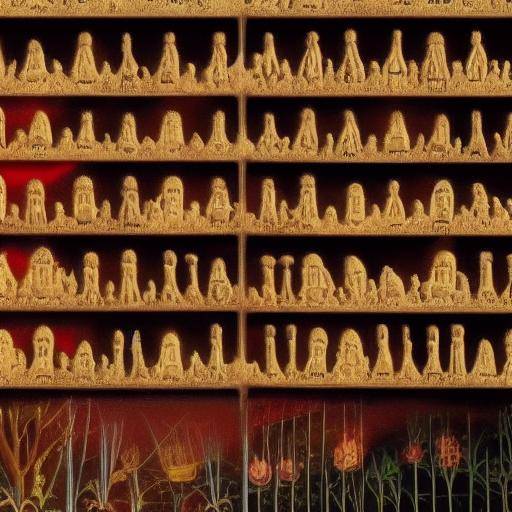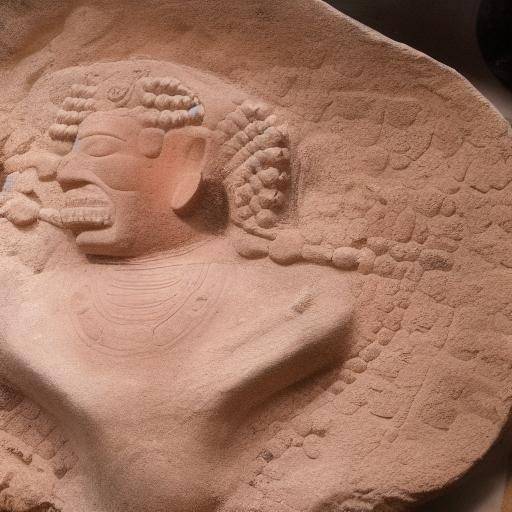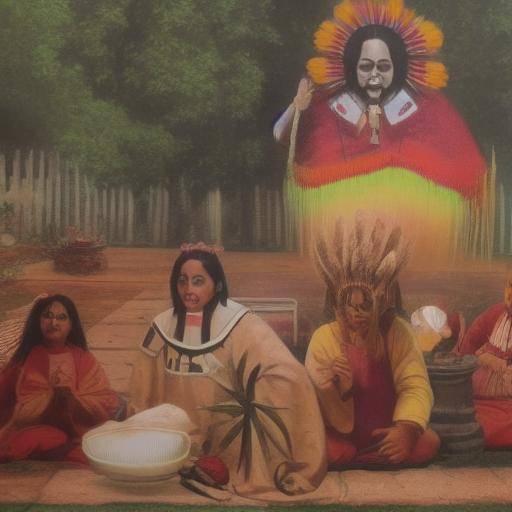
The numbers have been objects of superstition and belief since ancient times. Throughout history, different cultures have attributed mystical and symbolic meanings to numbers, leading to a wide range of superstitions that influence the daily lives of many people. In this article, we will explore superstitions related to numbers, their historical origin, their influence on modern culture and some popular beliefs. We will also provide practical advice and reflections on these superstitions to better understand their impact on different spheres of life.
Introduction
The Power of Superstitions
Since time immemorial, human beings have sought to understand and give meaning to the world around them. In this search for meaning, numbers have played a crucial role, serving as tools to measure, calculate and, in many cultures, preach the future. The influence of superstitions related to numbers extends to different aspects of life, including luck, ceremonial rituals, numerology and magical thinking.
In this article, we will explore superstitions related to numbers from a historical, cultural and contemporary perspective. We will analyze how these beliefs have evolved over time, their impact on various societies and offer a comprehensive view of their relevance today. In addition, we will provide practical advice and guidance to understand and address these superstitions in an informed way in everyday life.
History and Background
Ancient Origins
The superstitions related to numbers have deep roots in ancient civilizations, where numbers were seen as symbols of power, mystery and transcendental meaning. In Mesopotamian culture, for example, clay tablets were used to record commercial transactions and astronomical events, where the interpretation of numbers acquired divine connotations. Similarly, in ancient China, the I Ching, or "Book of Changes," assigned mystical meanings to numerical combinations to predict the future.
Evolution and Dissemination
Over time, the numbers-related superstitions spread through cultural exchanges and migrations, influencing the beliefs of different regions of the world. numerology, for example, developed in ancient Greece, where philosophers such as Pythagoras attributed specific attributes to numbers, considering them as fundamental elements of reality. These ideas were spread through the mystical and esoteric teachings, affecting Jewish, Christian, Islamic and Eastern traditions.
Modern Superstitions
In the modern era, superstitions related to numbers have acquired new forms, influenced by popular culture, psychology and contemporary mysticism. Beliefs in good or bad luck associated with specific numbers, such as 13 in Western culture, have permeated society, affecting from architecture and building design to commercial decisions. Likewise, the popularity of numerology and its presence in horoscopes, divination and popular psychology demonstrate the validity of these superstitions today.
Detailed Analysis
The numbers-related superstitions have a strong influence on society, as they affect from choosing important dates to making financial decisions. These beliefs, although often considered irrational, have demonstrated their impact on human psychology and the configuration of attitudes and behaviors. By understanding the history and background of these superstitions, we can analyze its relevance in the contemporary world and explore its presence in different aspects of everyday life.
Integral Examination
Applications and Varieties
The superstitions related to numbers manifest in various forms in daily life. In some cases, certain numbers are considered lucky, while others are avoided due to their negative connotation. For example, in many cultures, number 7 is associated with good luck and perfection, while number 4 is avoided due to its phonetic similarity with the word death. These beliefs influence the choice of lottery numbers, wedding dates, phone numbers and home addresses, which demonstrates their impact on everyday decision-making.
Contemporary Trends
In the digital era, the numbers-related superstitions have acquired new dimensions, affecting the choice of domain names, passwords and numbered codes. Online numerology and mobile applications that offer customized interpretations of numbers have gained popularity, reflecting the continued interest in these beliefs. In addition, in the field of marketing and advertising, certain numbers are strategically used to attract or avoid certain audiences, which demonstrates their relevance in commercial and professional fields.
Perspectives and Views
Opinions about the superstitions related to numbers vary considerably, from scientific skepticism to firm adherence to these beliefs. Some argue that numerical superstitions may have a positive psychological impact, providing a sense of emotional control or well-being, especially at times of uncertainty. Others criticize these beliefs as irrational and potentially harmful, especially when they influence fundamental decision-making.
Comparative analysis
Similarities and Variances
By comparing superstitions related to numbers in different cultures, it is possible to identify significant similarities and differences. The preference for certain numbers, such as 3, which is considered fortunate in many cultures, is common globally. However, the reasons behind these beliefs vary, reflecting different traditions, myths and cultural values. Similarly, numbers that are considered unfortunate, such as 13, can inspire different reactions in different cultural contexts.
Synergies and Combinations
In addition to individual superstitions related to numbers, there are numerical combinations that acquire special meanings in different contexts. For example, in Chinese astrology, certain combinations of numbers are considered especially auspicious or adverse. These numerical synergies reflect the wealth and complexity of the beliefs related to numbers, as well as their influence on everyday life.
Practical Tips and Guidance
Navigating Superstitions
For those who feel influenced by numbers-related superstitions, it may be beneficial to adopt a reflective and pragmatic attitude. Recognizing personal and cultural beliefs, however, not allowing these superstitions to determine crucial decisions, can be a way of balancing tradition and rationality. In addition, evaluating these beliefs from a historical and cultural perspective can provide a deeper understanding and appreciation of their meaning in broader contexts.
Tracing an Informed Course
By making decisions involving numbers, such as choosing important dates, lucky numbers or financial investments, it is essential to weigh practical aspects with personal beliefs. Careful planning and consultation with experts can help minimize the influence of superstitions while making fundamental decisions. In understanding the nature of these beliefs and their implications, it is possible to adopt an informed and balanced approach in daily life.
Final Reflections
Durable impact
Throughout history and today, the numbers-related superstitions have exerted a remarkable influence on societies around the world. These beliefs, rooted in human culture and psychology, have demonstrated their ability to shape individual and collective perceptions, decisions and behaviors. In reflecting on its origins, evolution and contemporary applications, we can appreciate its lasting impact and its implications in everyday life.
Exploring Meaning
Beyond its apparent irrationality, the numbers-related superstitions reflect the human search for meaning, control and orientation in a complex and changing world. These beliefs offer a lens through which we can understand how the human mind interacts with abstract concepts such as time, chance and destiny. They also invite us to reflect on cultural diversity and the many facets of human experience.
Frequently asked questions
Why are some numbers considered good luck and others of bad luck in different cultures?
The beliefs about numbers are deeply rooted in tradition, mythology and cultural experiences. The numbers acquire meanings associated with historical events, popular myths and phonetic considerations, which influences the perception of their fate.
What is the origin of aversion to number 13 in Western culture?
The aversion to number 13, known as "triscaidecafobia", has historical roots that date back to various ancient cultures and mythologies, where negative connotations were attributed to this figure. These negative associations have been transmitted over time, influencing the common perception of number 13.
What is the importance of numerology today and how does it influence decision-making?
numerology remains relevant today for many people, especially in the field of spirituality and personal well-being. Some people resort to numerology to seek guidance or to understand aspects of their personality, although their influence on practical decisions varies widely.
How can people approach superstitions related to numbers in an informed way?
It is important to recognize and respect cultural and personal beliefs around numbers, while adopting a reflective and balanced approach. Education, information and consultation with experts can help make fundamental decisions based on an informed understanding of these superstitions.
How can superstitions related to numbers influence areas such as business, marketing and design?
Superstitions related to numbers can have significant impacts on fields such as business, marketing and design, where the perception of luck and symbolic meaning of numbers influence practical decisions, such as the choice of names, dates and trade strategies.
What is the role of superstition related to numbers in human psychology?
The superstitions related to the numbers reflect the complexity of human psychology, especially regarding the perception of chance, the search for control and the construction of meaning. These beliefs offer a fascinating view of how the human mind interacts with abstract and symbolic concepts.
In short, the numbers-related superstitions are a fascinating theme that reveals a lot about the complexity of the human mind, the cultural diversity and the persistence of traditions over time. By exploring its origins, evolution and contemporary applications, we can appreciate its lasting influence and relevance in everyday life.
Remember, although these superstitions may have a significant impact on perception and decisions, it is important to keep an open and balanced mind when approaching them.
This article has been written for informative purposes and its objective is to offer a comprehensive view on superstitions related to numbers. If you have specific questions about particular superstitions or want to further explore this fascinating topic, we recommend you to consult expert and reliable sources in numerology, cultural anthropology and psychology.
We hope that this exploration has provided you with a deeper understanding and enriching prospects about the numbers-related superstitions. Take advantage of this information to reflect on your own beliefs and better understand the impact of these superstitions on your life and on society at large
With this extensive exploration of the superstitions related to numbers, we have approached their history, meaning, influence today and practical reflections. From antiquity to the digital era, numerical superstitions have played a significant role in human life, offering a window to our search for meaning, control and orientation in a complex and changing world.
We hope that this immersion has provided you with a deeper vision and enriching perspectives on the numbers-related superstitions. Whether you share some of these beliefs or consider them purely superstitious, their influence on culture, psychology and everyday decision-making is undeniable.
Remember, it is always valuable to explore these beliefs with an open and reflective mind, while at the same time recognizing their impact on daily life and society in general.
This article has been designed for information purposes and seeks to offer a comprehensive view of the superstitions related to numbers. If you want to delve into this topic or have specific questions, we recommend that you consult expert sources in numerology, cultural anthropology and psychology.
Thank you for accompanying us in this fascinating exploration of the numbers-related superstitions!



